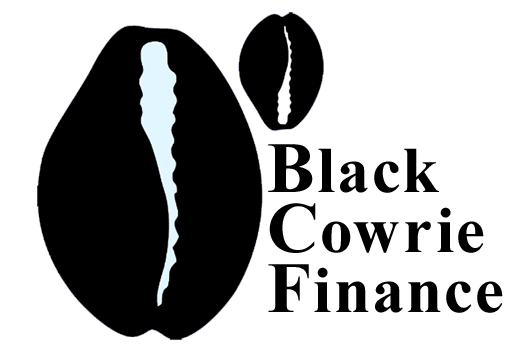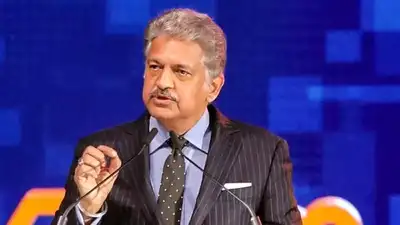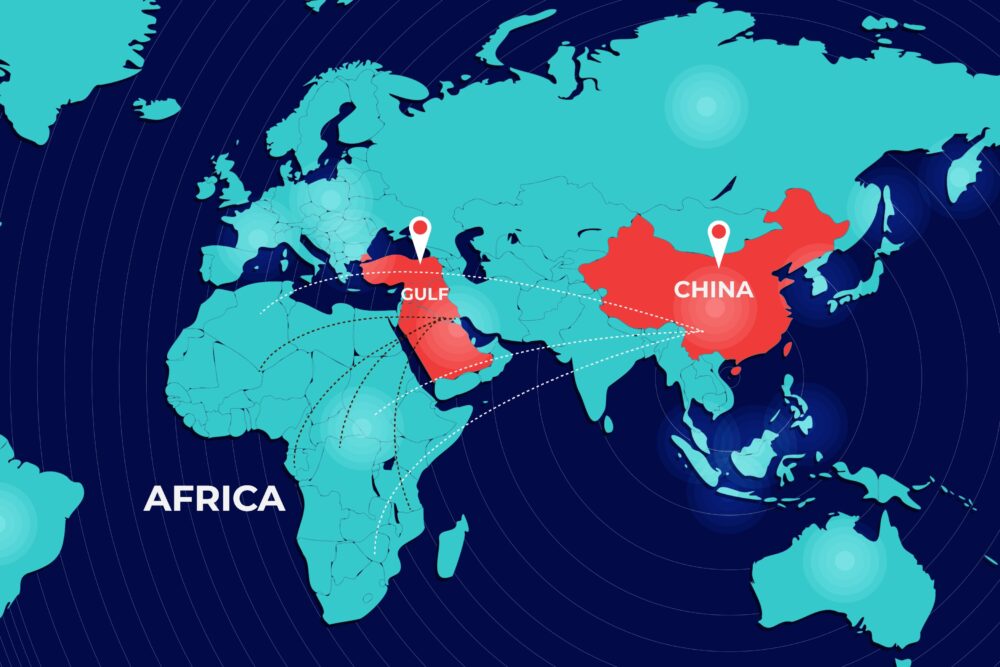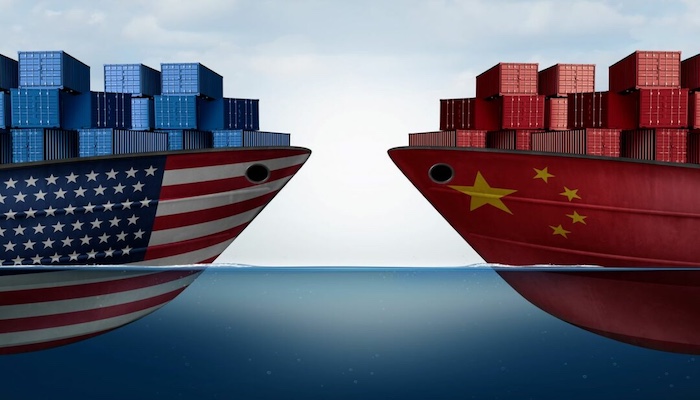Finally! This small shell from the Indian Ocean, which has served as currency throughout Africa for a millennium, gave its name to the new monetary instrument which is now replacing the CFA franc in the states of Uemoa. It was too early to associate the Nigerian naira with the Ghanaian cedi. It was impossible to add the CFA franc, which is currently in Cemac, due to the weak economic integration of this zone and the poor management of its central bank, the Beac.
The first banknotes denominated in cowry shells were printed in Bangalore, India, and no longer in Chamalières, France. It’s a lot cheaper. As a transitional measure, the reserves of the eight-member countries of the cauri zone will continue to be placed for 10% with the French Treasury, which will maintain its unlimited exchange guarantee in return, in order to prevent the markets from panicking and causing a collapse of the newborn naira.
Adaptation facilities
It will be much easier to adjust the value of the cowrie shell than the CFA franc to the fall in commodity prices. Malian cotton and Senegalese rice will become more competitive than their Brazilian and Vietnamese competitors. As a result, African commodities will sell better, and imports of their foreign substitutes will be less attractive.
Budgets and foreign exchange reserves in the cauri zone will improve as a result, and hopefully, this will translate into new job creation throughout Uemoa. Another advantage, like Mauritania, monetarily sovereign, which lets the course of its currency slip, West Africa will be able to dispense with reducing the salaries of its civil servants to restore its public accounts and its competitiveness undermined by the fall. commodity prices.
Possible risks
All the same, it remains to prevent the three risks involved in monetary independence:
- Debt under a flexible exchange rate regime. Accelerated depreciation of the cowrie can make the repayment of the debt contracted by one or more member countries unbearable. How to avoid a catastrophic snowball effect? ;
- Every man for himself. With the return of most of the reserves from the cauri zone to Abidjan at the headquarters of the BCEAO, some countries could be tempted to end their pooling. In the eurozone, we have seen that Germany is tired of coming to the aid of Greece. How can we prevent Côte d’Ivoire from refusing to stand in solidarity with Niger? ;
- Market mistrust. The Malian franc had flipped from its birth in 1962 because the inhabitants, and in particular the traders, had no confidence in it and kept the CFA franc in order to be able to negotiate with their neighbors. How do you persuade foreign investors that the cowrie will not threaten their business in any way and that they will have no difficulty in buying and selling it?
It should also be remembered that an independent currency is one tool among many in steering an economy. And not the magic wand that accelerates development. This is a matter of peace, good governance, and requires a good climate for private companies. Let’s not overplay the cowrie.
-
Previous Post
The Cowrie – Present-day Status








